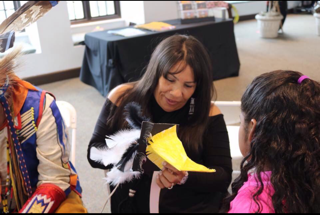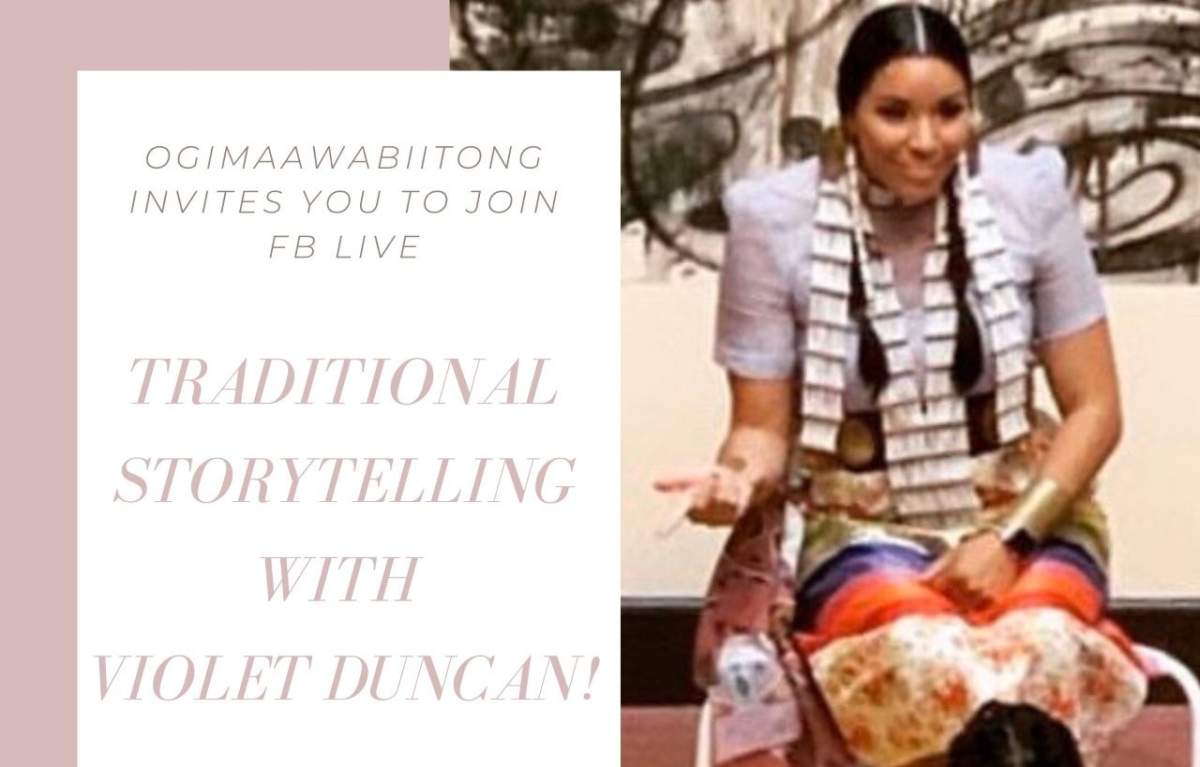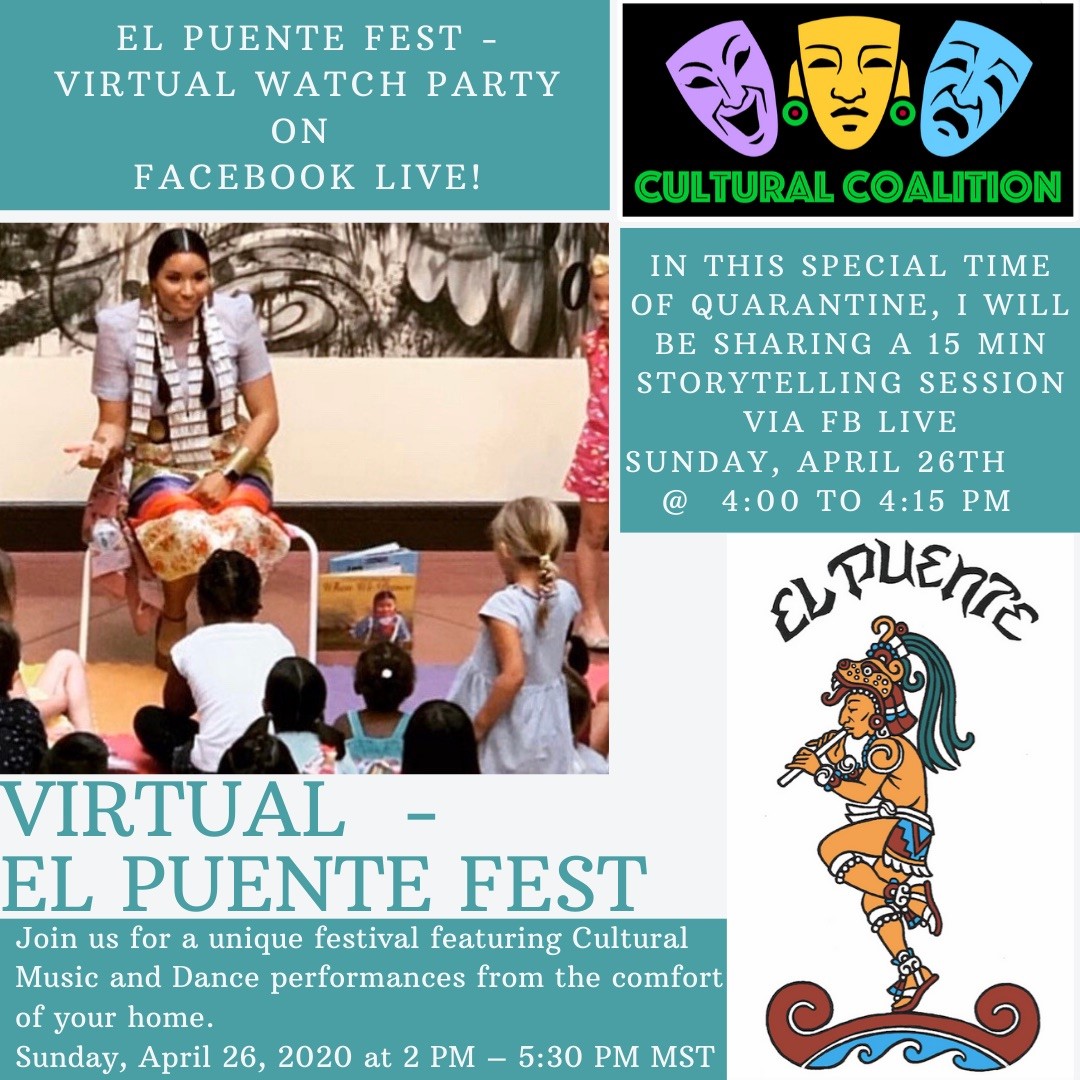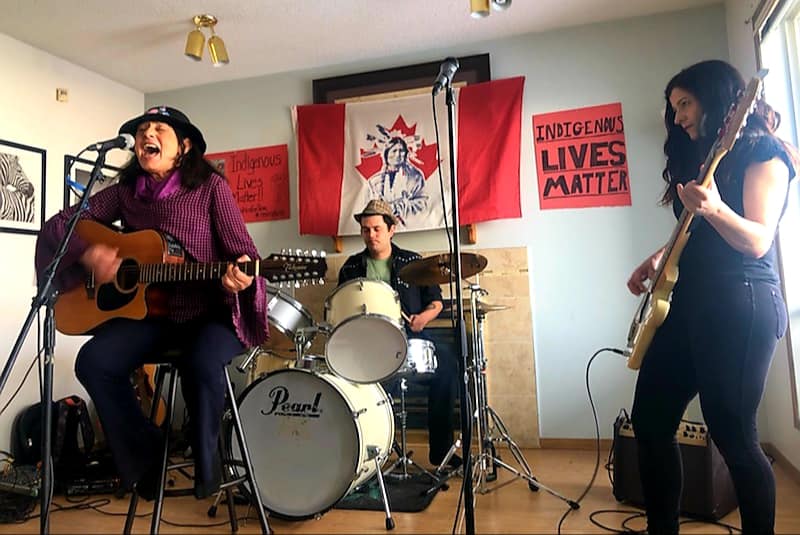Indigenous local artists are encountering unique changes and challenges as the entertainment industry continues to be devastated by the COVID-19 pandemic.

As the coronavirus pandemic continues to force restrictions on mass gatherings, those employed in the arts and entertainment industry face an unprecedented threat to their livelihood with cancelled tours and shows.
“All of our tours, three major festivals. all of our single performances were canceled,” said Rosa John, artistic director of Kehewin Native Dance Theatre.
“Throughout the year, we would find out all summer performances got canceled and then we find out all of fall ones got canceled, and then all the winter performances so it was pretty devastating and took its toll,” said John about the impact of the COVID-19 pandemic on her career.
The COVID-19 pandemic helped John establish a stronger online presence for Kehewin Native Dance Theatre.

“That has really paid off because that’s how we’ve gotten some of the gigs that we actually have now, was through Facebook and Instagram which is really very, very different from the way we usually work,” said John.
Among the bookings, Kehewin Native Dance Theatre is able to perform story time performances through virtual platforms and connect with more organizations because of the internet.
Despite booking online performances, John shares that “it’s just so different.”
“I miss performing live, I miss the audiences, I miss the faces of the children in the audience, and I really really really miss the people, you know the applause, the children’s smiles,” says John.
John says that Zoom shows are so different because “everything is really quiet” and now they get emojis of “thumbs up and a couple of little hands clapping.”
“The whole energy that is given back to you as a performer from the audience is missing,” said John.

John explains that despite the difficulties, she was able to have the advantage of being more creative.

Get breaking National news
“One of the good things that has happened to me, is that I’ve taken more time to, to be creative, for myself, I’m starting to, to put all of these ideas that I’ve had in my head about things that I wanted to do like cultural things and bringing the knowledge,” said John.
John shares that it is “very important to bring traditional storytelling to kids because they don’t get to hear it all the time.”
“That was very important for me because a lot kids, and even a lot of adults, aren’t getting those teachings,” said John.
John has taken the initiative to share the teachings of the teepee and teepee poles and the teachings of the horse.
“It’s really important for our people to know these things, and to be able to revel in it, because we were never able to really celebrate it, we’ve had this knowledge in our heads, but we’ve never been able to share celebrate it,” said John.
John explains that she finally has the downtime to do incorporate these teachings in her story-telling performances.

Indigenous performer and author, Violet Duncan, has had similar struggles since the arrival of the COVID-19 pandemic.
“I had a new children’s book that I was going to debut March 2020. And actually, my debut date was the Wednesday. And then Thursday, everything was shut down.”
When places closed down and events are cancelled, it pushed Duncan to “establish more of an online presence on Instagram and on Facebook.”
By reaching out to more places online, Duncan was able to book virtual readings.
“For the first time ever, I wrote up a query letter and how to submit a book, or manuscript to a publishing house,” shares Duncan.
She explains that during the month of October and November, she “cleaned up a lot of her stories and submitted manuscripts to publishers.”
“I was aiming to go for this new native publishing house called Heartdrum, and they didn’t select me however I got the eye of Random House, and we were able to sign a contract this January,” shares Duncan.
Duncan explains that this “was something that wouldn’t have ever considered before because as an artist, you just got to keep moving.”
“To be put still for a while, it definitely made me see what my craft is and how I can improve that with a little bit of downtime instead of touring.”
Duncan explains that it was a “really unique opportunity that probably never would have happened.”
Duncan has two books coming out in 2022.
Similarly, Wendy Walker, an Indigenous singer songwriter, faces difficulties too.
“I went from booked-up to no work,” says Walker.
Walker explains that “it’s been difficult for people to make stuff happen online.”
Other than Facebook live performances, Walker is going to start delivering a song writing program to Indigenous and non Indigenous women.
Walker misses the creative excitement when it comes to recording songs in the studio, the audiences and working with other artists.
“When it’s something you live and breathe more, you miss it, right?” says Walker.
The pandemic has helped Walker realize the more in-depth feelings she had kept inside that she never “visited before” because she was so busy pre-pandemic.
“It caused me as a writer to go deeper inside in someplace, perhaps I would not have had the opportunity to visit,” says Walker.
As a result of isolation, Walker has been inspired by the pandemic which pushed her to write more songs.










Comments